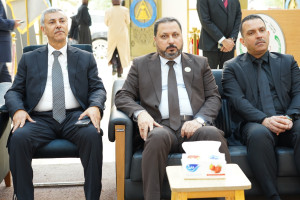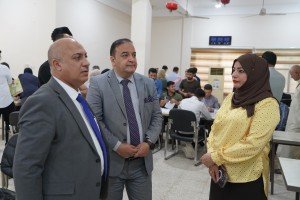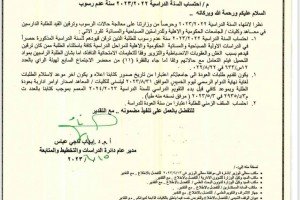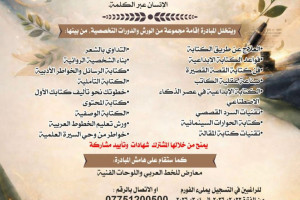
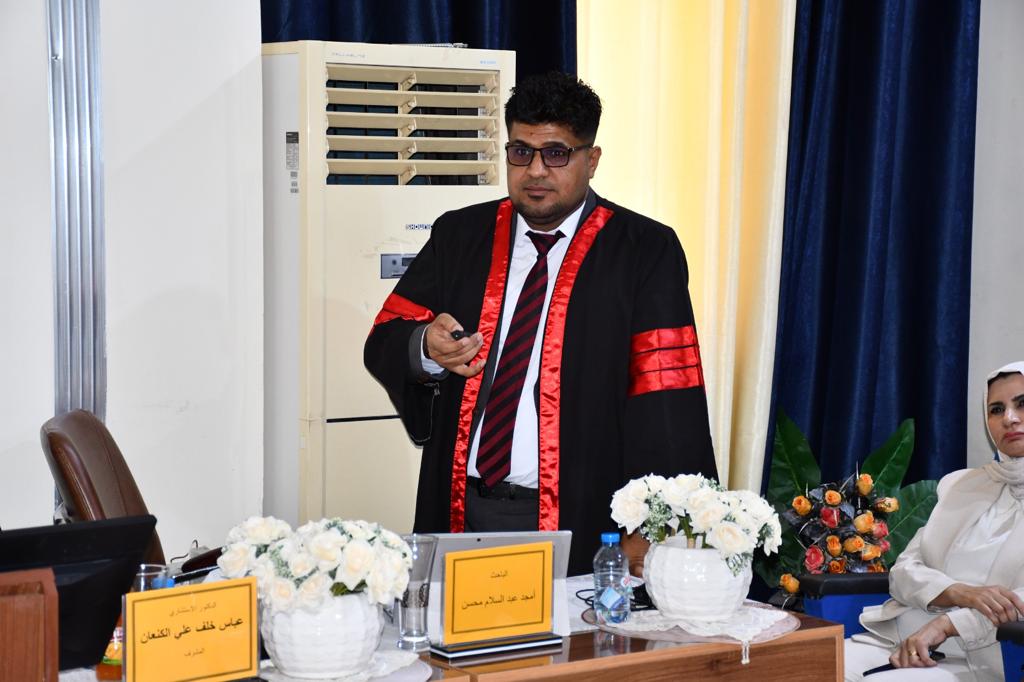
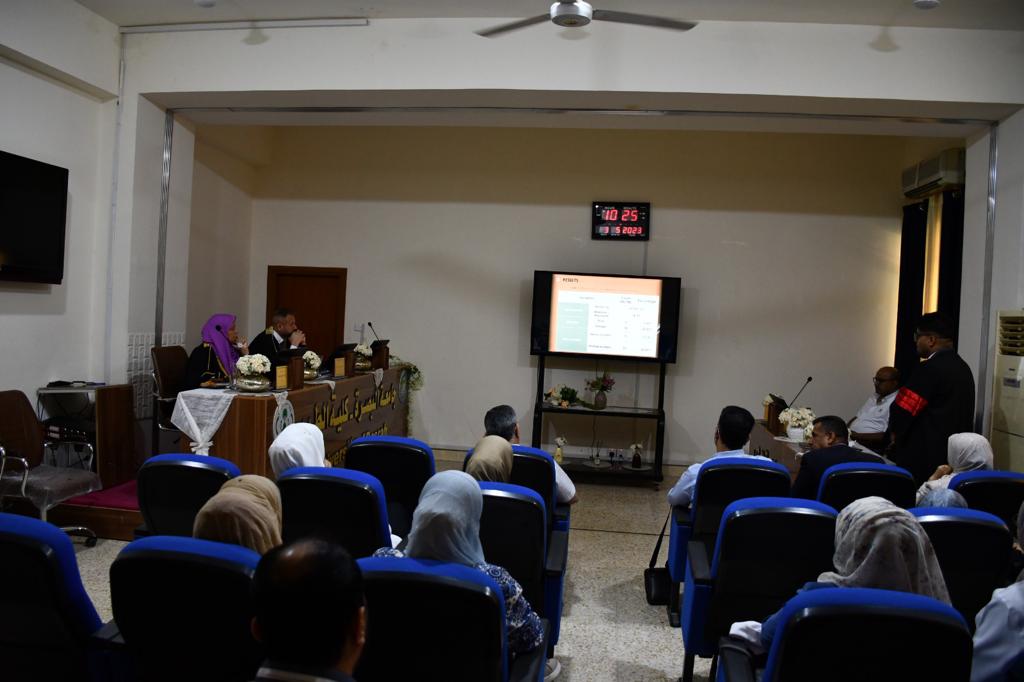
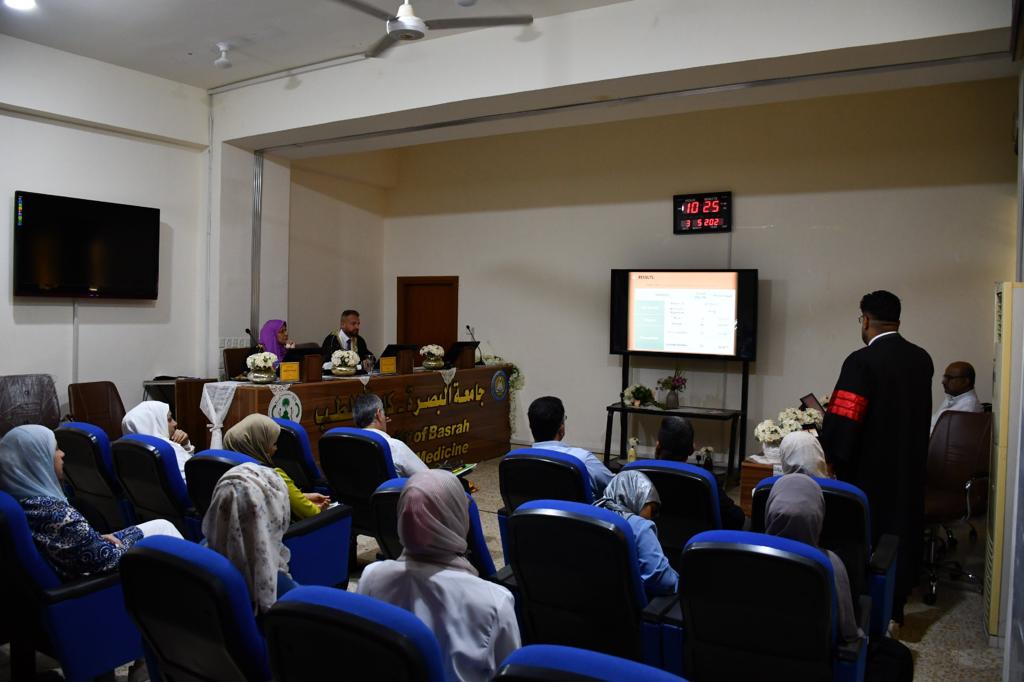
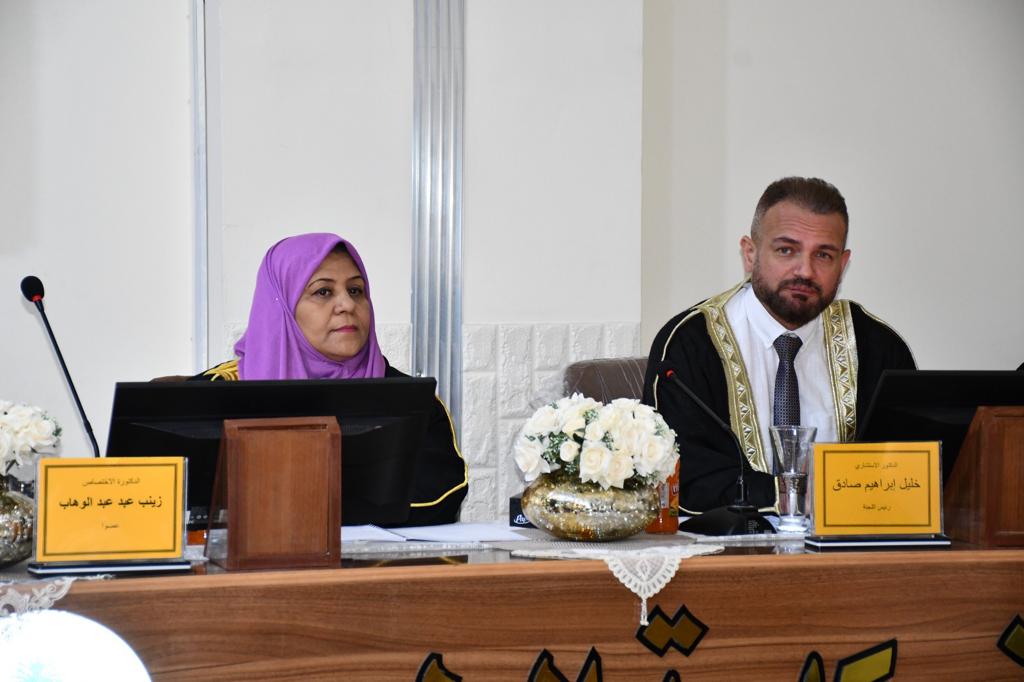
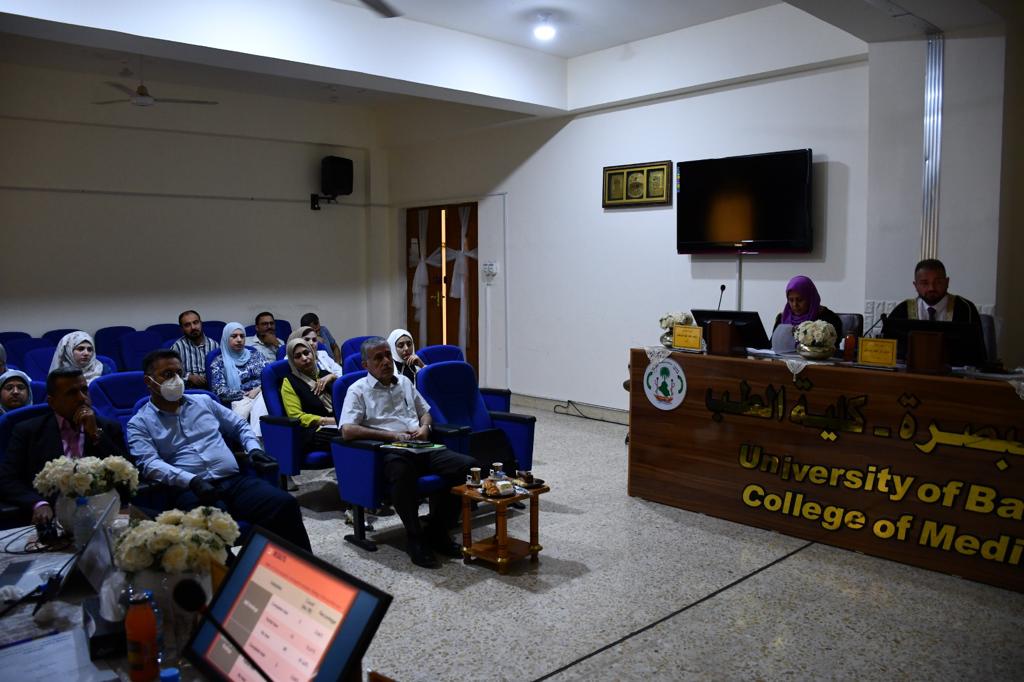
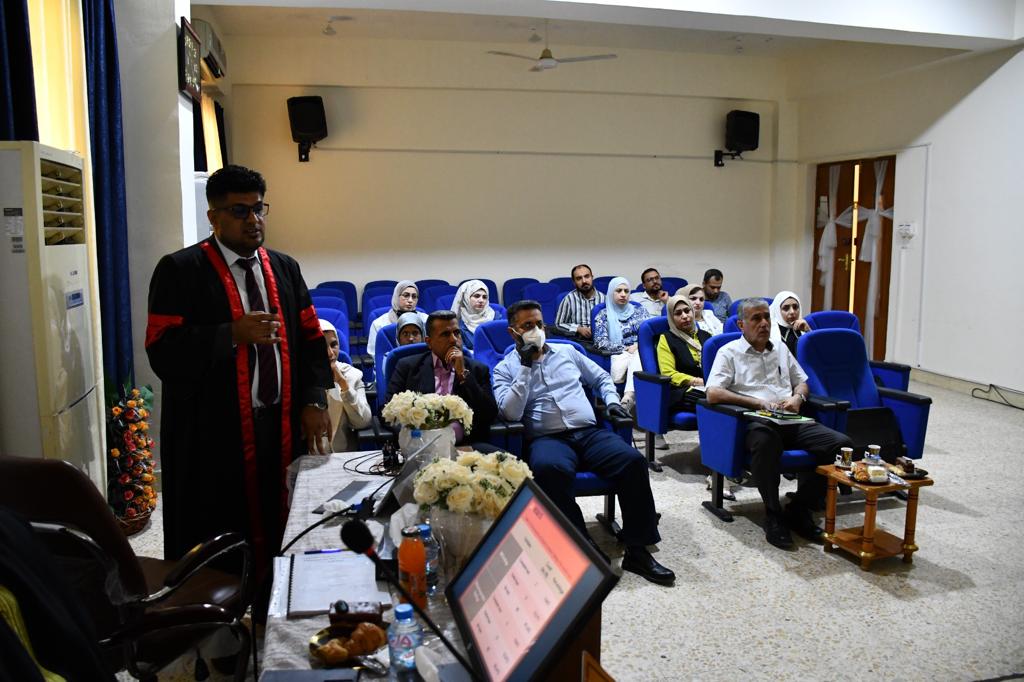
A Board research, at the college of Medicine, University of Basrah, discussed Comparative Study between Musculoskeletal Ultrasound and MRI in Diagnosis of Shoulder Rotator Cuff Tears.The research presented by student Amjed Abdul Salam Mohsin aims to evaluate the accuracy of ultrasound in comparison to MRI in detecting shoulder rotator cuff tears. Theresearch concluded that the ability of US and MR imaging to identify the patients with no, partial or full thickness tear of rotator cuff is comparable and highly accurate. The study showed that MRI is superior on US in detection of partial and no tear, while in complete tears the efficacy of both MRI and US are mostly equal. Unlike MR imaging, US examination of the rotator cuff is a dynamic, real-time procedure that is widely tolerated by patients, less expensive, takes less time, with no contraindication and may be repeated if necessary. MRI may be indicated after sonography to define the precise location and extent of a rotator cuff tear & for surgical planning of large tears.


